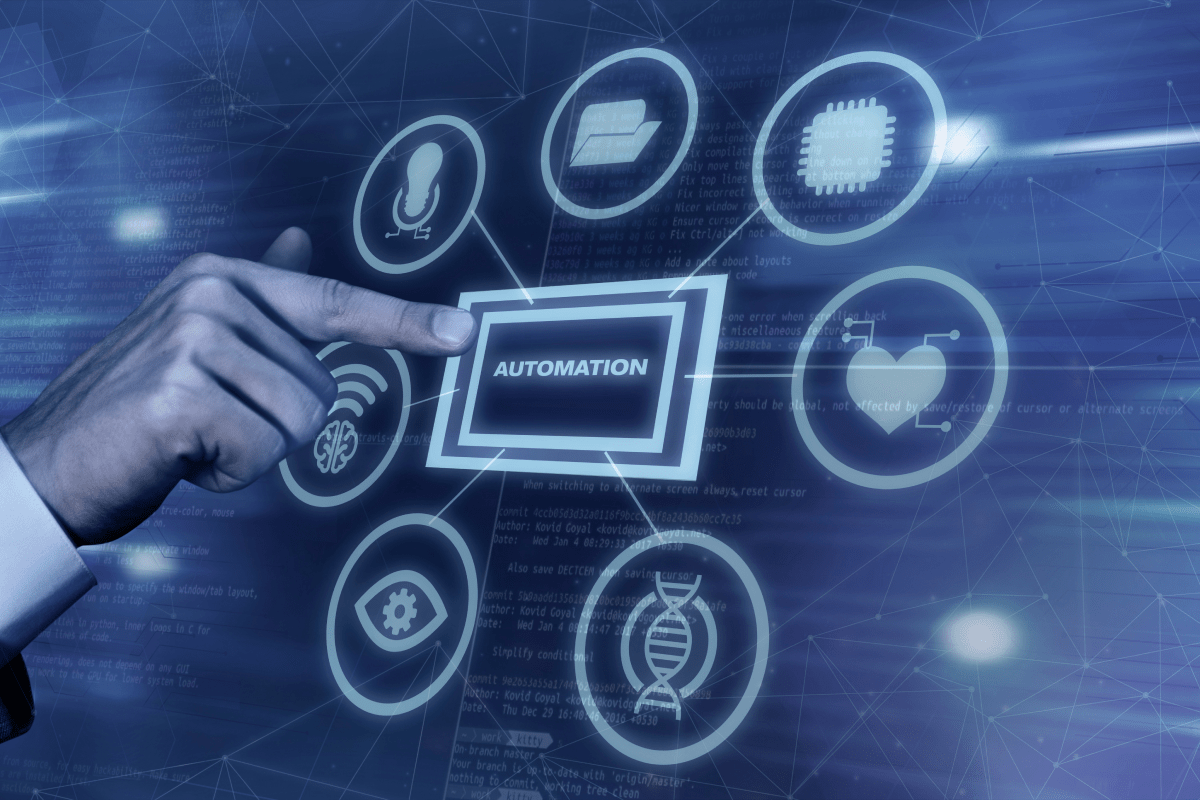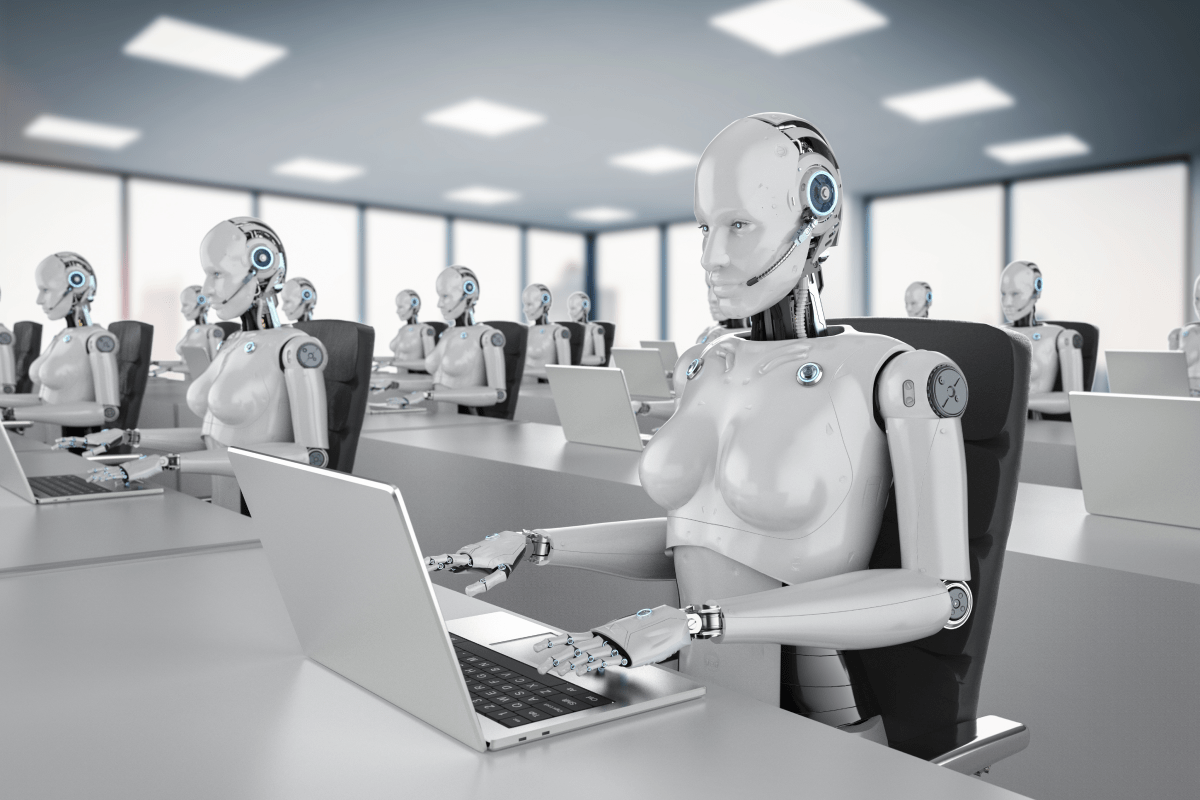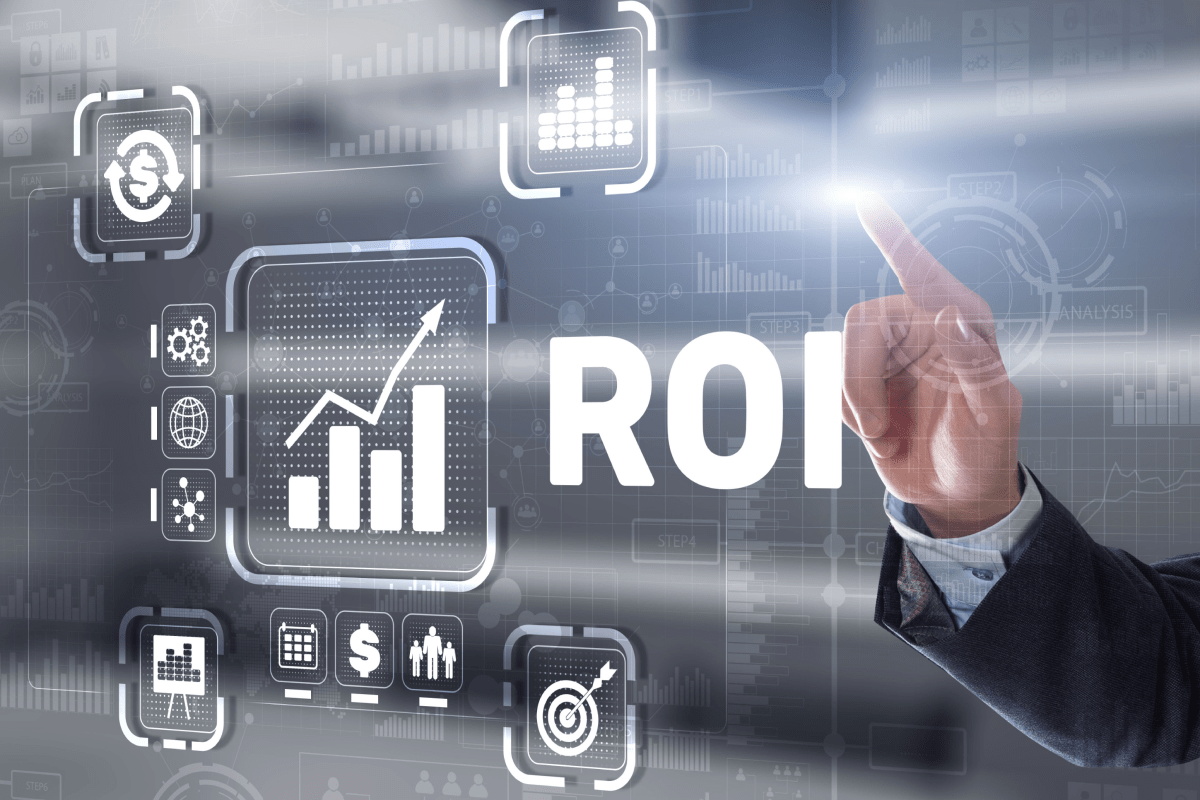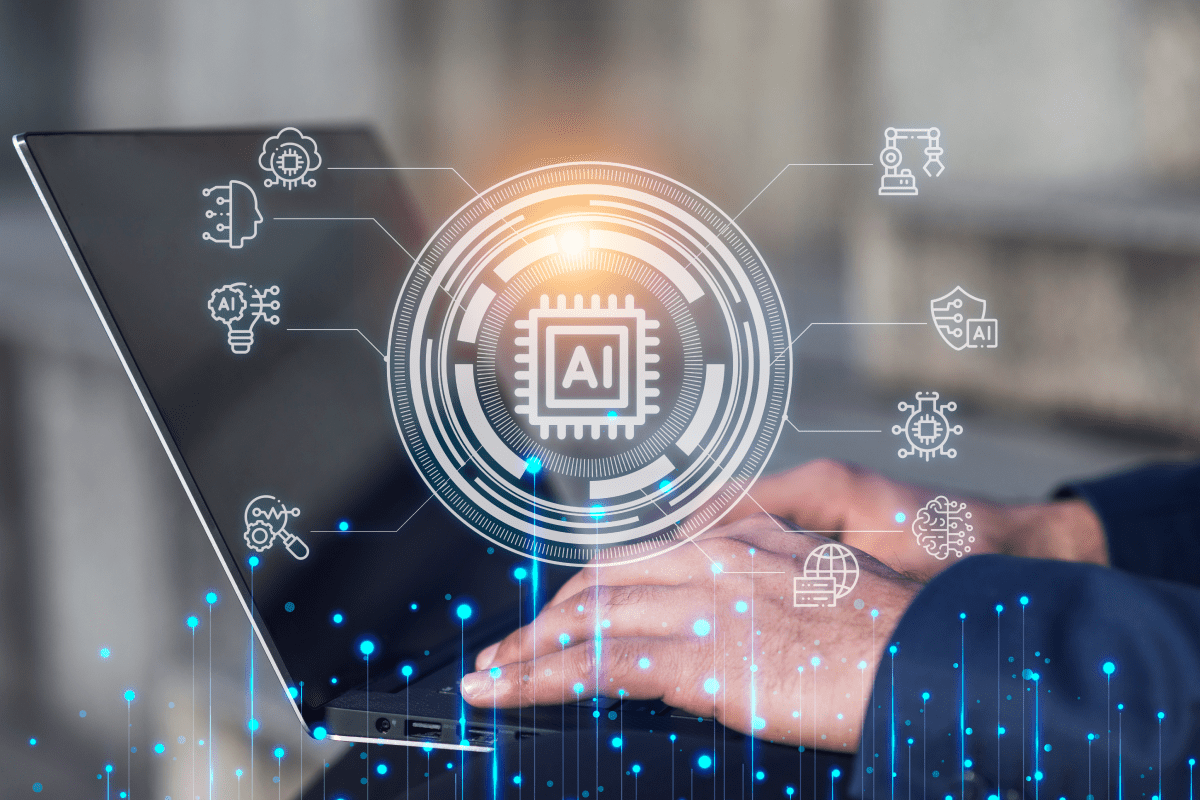Introduction
The impact of automation on business is transforming the way industries operate. Automation, which uses technology to execute repetitive tasks without human intervention, is reshaping sectors from manufacturing to healthcare. This article delves into the real impact of automation on business and how it influences various industries.
Automation in Business: Manufacturing as the Birthplace
Manufacturing is a prime example of the impact of automation on business. Henry Ford’s assembly line revolutionized industrial automation in the early 20th century. Today, advanced technologies are further transforming manufacturing.
Robots: Modern plants use robotic arms for precision tasks like assembling, painting, and inspecting products.
AI & Predictive Maintenance: AI algorithms predict machine breakdowns, ensuring timely maintenance and reducing unplanned downtimes.
3D Printing: This technology allows for customization and faster production times, transitioning from prototyping to production.
High-Tech Farming: Automation in Agriculture
Automation is quietly revolutionizing agriculture, demonstrating another facet of the impact of automation on business.
Autonomous Tractors: These self-driving tractors use GPS and sensors to till, plant, and harvest crops.
Drones: Drones survey crops, detect diseases, monitor hydration levels, and assist in planting.
Smart Irrigation: Automated systems optimize water usage by adjusting based on real-time weather data and soil moisture levels.
Precision and Efficiency: Automation in Healthcare
Healthcare is a sector where the impact of automation on business is critical, enhancing accuracy and timeliness.
Robotic Surgery: Robots like the Da Vinci system enable surgeons to perform procedures with high precision, leading to faster recovery times.
AI Diagnostics: AI analyzes diagnostic tests such as X-rays and MRIs, sometimes more accurately than human doctors.
Automated Lab Tests: Machines process hundreds of samples simultaneously, delivering faster results.
Personalized Shopping Experiences: Automation in Retail
The retail industry leverages the impact of automation on business to enhance operations and customer experiences.
Chatbots: AI-powered chatbots handle customer inquiries, process returns, and assist in online purchasing.
Automated Warehouses: Robots pick, pack, and sort items, exemplified by Amazon’s Kiva robots.
Predictive Analytics: AI predicts purchasing trends, helping retailers manage inventory and tailor marketing campaigns.
Smarter, Faster Decisions: Automation in Finance
Finance is another sector experiencing the profound impact of automation on business.
Algorithmic Trading: Algorithms analyze market conditions and execute trades in milliseconds.
Robo-Advisors: These platforms provide automated investment advice with minimal human intervention.
Fraud Detection: AI systems analyze transactions in real-time to detect and prevent fraudulent activities.
Automation in Entertainment: From Creation to Distribution
The entertainment industry also feels the impact of automation on business, enhancing creativity and distribution.
VFX & Animation: Automation tools create realistic visual effects and animations efficiently.
Content Recommendation: Streaming platforms like Netflix use AI to suggest shows and movies based on user preferences.
Virtual Reality: Automation in VR production ensures virtual environments respond realistically to user inputs.
A Future on Autopilot: Automation in Transportation and Logistics
Automation ensures efficient movement of goods and people, illustrating the impact of automation on business.
Self-Driving Vehicles: Autonomous vehicles like Tesla’s cars and Waymo’s taxis are redefining transport.
Automated Ports: Ports use robotic cranes and AI for cargo handling and sorting.
Delivery Drones: Companies like UPS and Amazon experiment with drones for short-distance deliveries.
Conclusion
The impact of automation on business, driven by AI, robotics, and computing advances, is transforming industries at an unprecedented pace. While it brings productivity and efficiency gains, it also raises concerns about job displacement and workforce retraining. Balancing automation benefits with societal implications is a defining challenge of the coming decades.
As industries continue to adopt and adapt to automation, one thing is clear: the world is changing. With these changes, industries are poised to deliver better, faster, and more personalized services and products than ever before.










